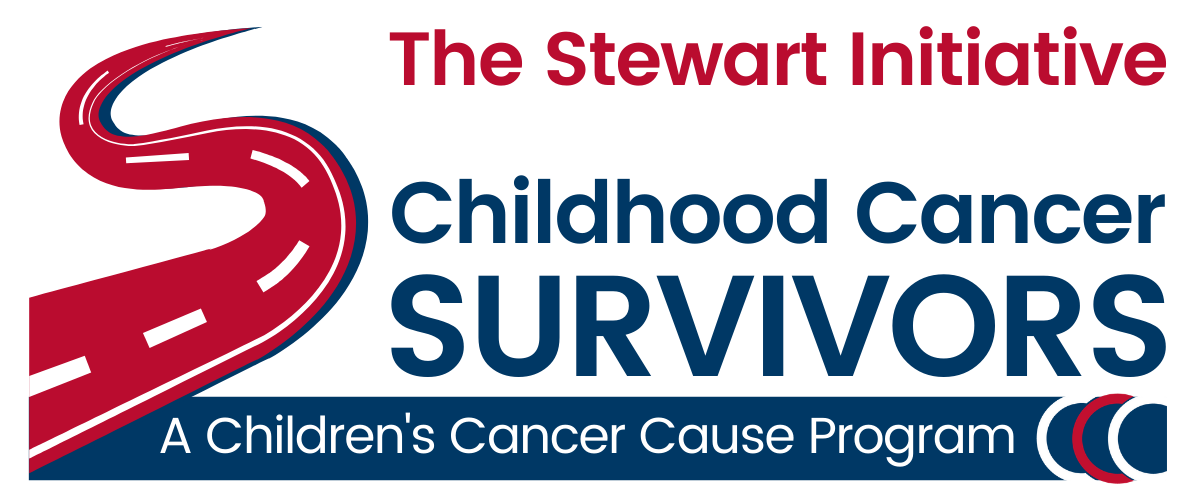Remember this: You are not obligated to disclose your cancer history.
When you begin your job hunt, consider carefully the types of positions that are a good fit for you. Be aware of the essential responsibilities and determine if you are capable of completing such tasks.
Be sure to factor in what an employer offers in terms of benefits packages such as health insurance, life insurance, flextime, paid leave, sick days, etc.
Cancer+Careers offers a free Resume Review Service, so you can get feedback from a professional career coach before you start applying to jobs!
Job Interview Tips
Many people recommend that you do not volunteer information about your health history, including your cancer diagnosis, unless it directly affects your qualifications or ability to perform essential functions for that position. You should be able to talk about your work-relevant skills and experience without including the fact that you were treated for cancer.
But if you require workplace accommodations to meet your accessibility needs, it’s important to make sure your employer will have the resources to meet your needs - which may require an early, upfront conversation.
An employer has the right to know only that you can perform the essential duties of the job. An employer does not have the right to ask about personal or confidential information during an interview. You are not obligated to disclose your cancer history.
If a potential employer does ask an illegal question during the interview, try to turn the question into something that applies specifically to the job. Some experts suggest working with a job counselor to learn how to deal with situations like this and answer interview questions such as: "Why is there a time gap between jobs?" Cancer and Careers gives some examples of how to handle these tricky conversations, a skill they refer to as “the swivel.” As always, never lie or embellish on job applications or applications for health, life, or disability insurance.
